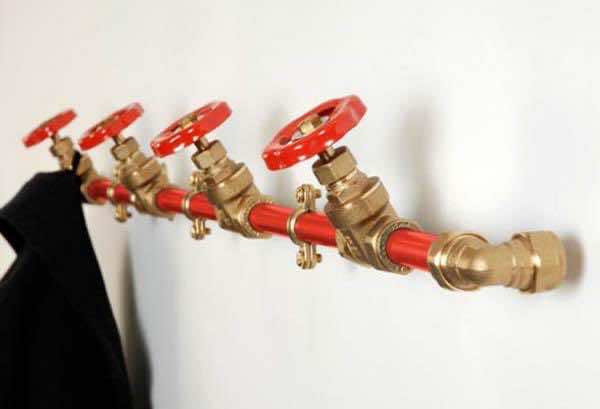If you work with heavy-duty hydraulic systems in any capacity, safety should be a top priority. The process of selecting, maintaining, and replacing hydraulic hoses is crucial for ensuring the safe operation of hydraulic systems. So, if a hydraulic hose fails, leaks, or bursts when someone is using a heavy-duty hydraulic machine, their safety is at risk.
Hose fittings can blow off at high speeds, high-velocity hydraulic fluid could discharge, causing serious injection injuries, or explosion or burning of conveyed fluid could happen. And that’s just a handful of the risks involved when safety is not a priority. How do you prevent such situations?
Here are some critical safety tips for those working with hydraulic hoses.
Have a Regular Hydraulic Hose Maintenance Routine
It’s best practice to inspect hoses at least once a month to identify any potential issues with your hydraulic hose assembly that may cause problems in the future. Have a regular hose maintenance plan in place and stick with it to prevent costly and lengthy downtime. As noted on this website – https://www.costex.com/hydraulic-hoses/, heavy-duty hydraulic hoses are designed to last, but with proper and regular maintenance, they will likely last even longer.
Look Out for Any Leaks
Inspect your hydraulic hoses for any external leakage, which is often a sign that something’s wrong. There are serious safety concerns for technicians and heavy-duty machine operators who rely on hydraulic systems to carry out operations when there’s a leaking hydraulic system. If a threaded hose, connectors, or valve seals vibrate lose or rupture, the leaks can be dangerous. Look out for any leaks and have them fixed immediately by a professional.
Replace Damaged or Old Hydraulic Hose Assemblies
Whether you’re a professional machine operator or maintenance technician, you should learn to identify issues with hydraulic hoses to keep off potential hazards. Look for tight bends, twisting, abrasions in hose covers, cuts, exposed wires, or cracks. Damaged or old hydraulic hoses are susceptible to rusting or damage to the hose reinforcement. Check for signs of bubbling on the hoses and seepage around couplings. Use quality hoses for replacements.
Maintain the Correct Operational Requirements
It’s also vital to maintain the exact operational requirements, including hydraulic fluid temperatures and pressure ratings. Each of these ratings is different for each type of hose. Any rise above the recommended temperature means cracks will form inside the hose, causing reduced flexibility. Follow the pressure rating requirements for your hydraulic hoses. Using higher pressures often shortens the hose life and results in potentially dangerous situations.
Avoid Contamination of Your Hose Assembly
When it comes to replacing hydraulic hose assemblies, ensure everything is clean before putting everything back to your hydraulic system. If the hydraulic fluid contains any debris, dirt, or other contaminants, it can wear away the inner part of the hose, eventually leading to a malfunctioning hose assembly. To prevent any form of contamination, flush your hose with a hose cleaning kit, and decontaminate your assembly equipment.
Do a Thorough Hose Failure Analysis
With the heavy use of hydraulic equipment in various industries, hydraulic hoses are bound to fail at some point. And when they do, it’s vital to carry out a thorough hose failure analysis. Understanding what caused the problem in the first place will help you prevent the same issues from happening again. This will also help you create an effective preventative maintenance procedure for your hydraulic hose assembly, saving you lots of time and money in the long run.
Conclusion
Understanding these safety tips will help you prevent dangerous situations during both daily machine operation and technical maintenance procedures. A maintenance program for the entire organization operating heavy-duty hydraulic machines or equipment is critical to protect workers, ensure efficient operations, reduce downtime, and ensure cost savings.

Comments
Post a Comment
Tell us what you think